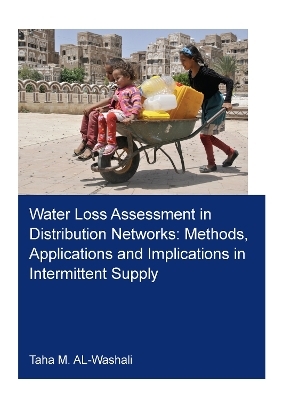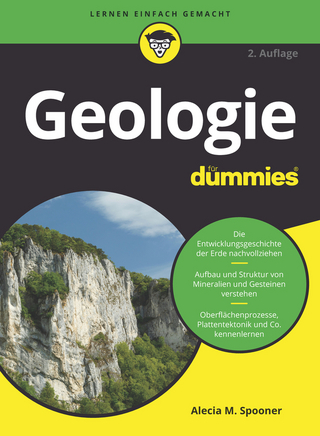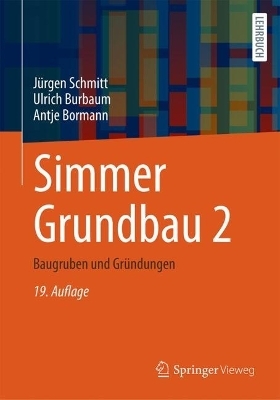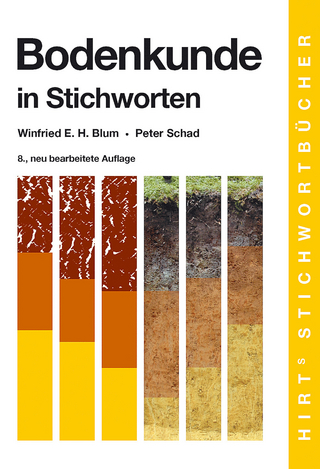
Water Loss Assessment in Distribution Networks
CRC Press (Verlag)
978-0-367-76655-9 (ISBN)
Water utilities worldwide lose 128 billion cubic meters annually, causing annual monetary losses estimated at USD 40 billion. Most of these losses occur in developing countries (74%). This calls for rethinking the challenges facing water utilities in developing countries, foremost of which is the assessment of water losses in intermittent supply networks. Water loss assessment methods were originally developed in continuous supply systems, and their application in intermittently operated networks (in developing countries) is hindered by the widespread use of household water tanks and unauthorised consumption.
This study provides an extensive review of existing methods and (software) tools for water loss assessment. In addition, several new methods were developed, which offer improved water loss assessment in intermittent supply. As the volume of water loss varies monthly and annually according to the amount of supplied water, this study proposes procedures to normalise the volume of water loss in order to enable water utilities to monitor and benchmark their performance on water loss management. The study also developed a novel method of estimating apparent losses using routine data of WWTP inflows, enabling future real-time monitoring of losses in networks.
Different methods have also been suggested to estimate the unauthorised consumption in networks. This study found that minimum night flow analysis can still be applied in intermittent supply if an area of the network is supplied for several days. Furthermore, this study concluded that water meter performance is enhanced in intermittent supply conditions. However, continuous supply in the presence of float-valves significantly reduces the accuracy of water meters.
Finally, this study provides guidance and highlights several knowledge gaps in order to improve the accuracy of water loss assessment in intermittent supply. Accurate assessment of water loss is a prerequisite for reliable leakage modelling and minimisation as well as planning for, and monitoring of water loss management in distribution networks.
Taha AL-Washali worked for 14 years as a water professional in the Yemeni water sector. Currently, he is a program manager at MeaMeta Research. He previously worked in various water projects for governmental and international agencies including GIZ, KFW, USAID, WHO and OXFAM. He also contributed to several policies, strategies and key reports in the Yemeni water sector. Before starting his PhD study he worked as a director general of the projects department at the national water supply and sanitation authority in Yemen. Since then, his research interests focus on water supply efficiency and water loss management, with particular attention to the needs of developing countries.
General introduction, A review of water loss component assessment methods, An overview of non-revenue water assessment software tools, Monitoring non-revenue water in intermittent supply, Modelling the leakage rate and reduction using minimum night flow analysis, An alternative method for non-revenue water component assessment, Comparative analysis of water loss component assessment methods, Impact of float-valves on water meter performance, Assessment of unauthorised consumption in distribution networks, General conclusions and future outlook.
| Erscheinungsdatum | 09.02.2021 |
|---|---|
| Reihe/Serie | IHE Delft PhD Thesis Series |
| Verlagsort | London |
| Sprache | englisch |
| Maße | 170 x 240 mm |
| Gewicht | 500 g |
| Themenwelt | Naturwissenschaften ► Geowissenschaften ► Geologie |
| Naturwissenschaften ► Geowissenschaften ► Hydrologie / Ozeanografie | |
| Technik ► Bauwesen | |
| Technik ► Umwelttechnik / Biotechnologie | |
| ISBN-10 | 0-367-76655-8 / 0367766558 |
| ISBN-13 | 978-0-367-76655-9 / 9780367766559 |
| Zustand | Neuware |
| Informationen gemäß Produktsicherheitsverordnung (GPSR) | |
| Haben Sie eine Frage zum Produkt? |
aus dem Bereich


